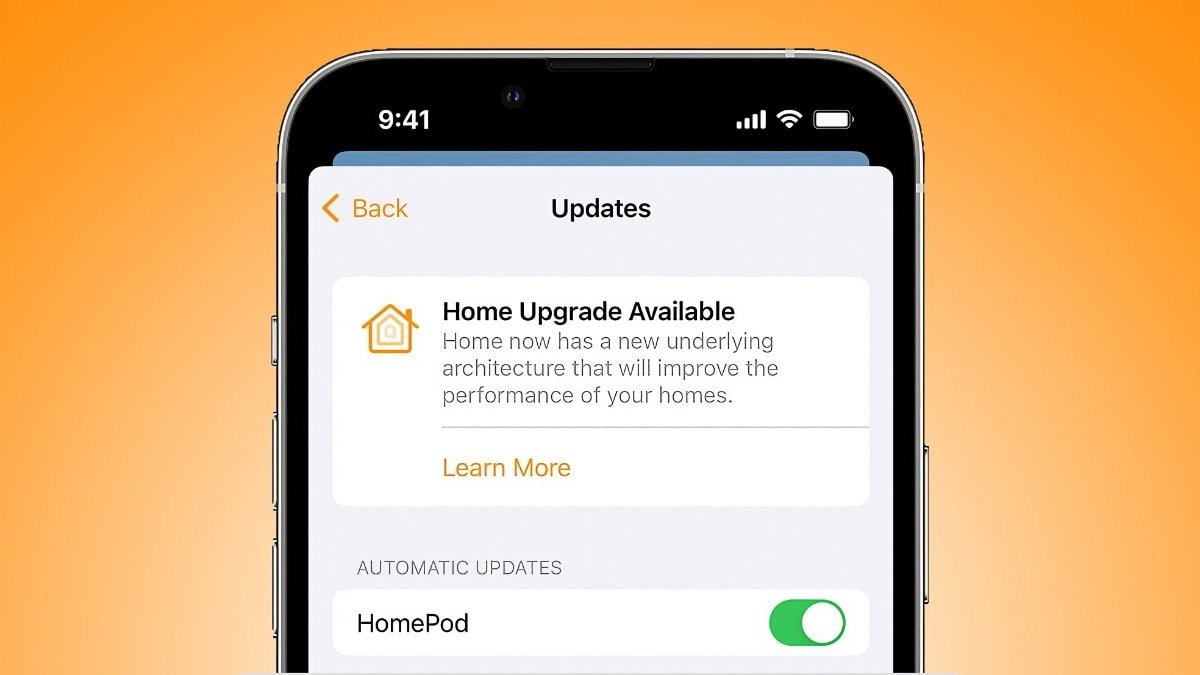iOS 18.4 will force users to upgrade to the latest HomeKit architecture
Apple is set to discontinue support for the older version of its HomeKit architecture, meaning that users will be forced to upgrade with the release of iOS 18.4.

Users of iOS 18.4 will likely be required to upgrade to the newer HomeKit architecture.
On Monday, Apple released the third developer beta of iOS 18.4. While the operating system itself doesn't include any surface-level changes, its code indicates that a significant change could soon affect users of the Apple Home app.
Back in November 2022, with the launch of iOS 16.2, Apple introduced an updated version of its HomeKit architecture, which delivered significant speed and performance upgrades for HomeKit accessories. The new and improved HomeKit architecture caused problems for some users, which is why it was withdrawn in December 2022 and re-introduced in February 2023 with the release of iOS 16.4.
The upgrade itself was entirely optional, and many users chose not to upgrade to the latest HomeKit architecture to ensure the continued operation of their existing HomeKit accessories. As 9to5mac reports, however, this arrangement could soon change, as code from the third developer beta of iOS 18.4 indicates that Apple wants to make the new HomeKit architecture a mandatory upgrade.
Specifically, strings within the operating system contain new warnings, informing users that they need to "update now to avoid interruptions" as support for the older HomeKit architecture "will end soon." This ultimately means that all users will likely be forced to upgrade the HomeKit architecture in their Apple Home app, rendering older smart home accessories inoperable.
The change might roll out as part of the iOS 18.4 update, which will be available to the general public in April. Though the planned Apple Intelligence upgrades for Siri were delayed, iOS 18.4 will introduce a variety of other meaningful changes, including an Apple Vision Pro app, new emoji characters, and more.
Read on AppleInsider

Comments
HomeKit seems very solid now.
I’m not a stickler for typos, but when I read “code” I think source code. The artifacts that are generated from the compilation process aren’t “the code” in the same sense as the source code, intermediate level, assembly, or machine level code. It just so happens that many of the common binary formats on most platforms allow strings to be embedded in readable format in part of the files. They’re just string tables.